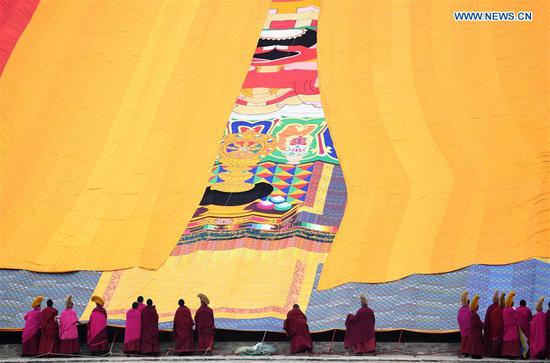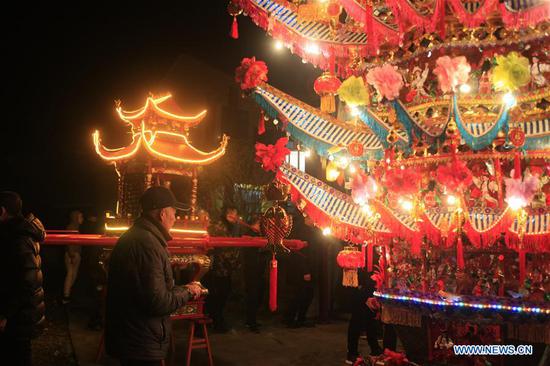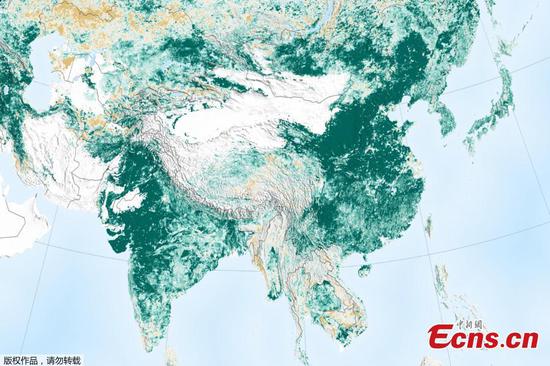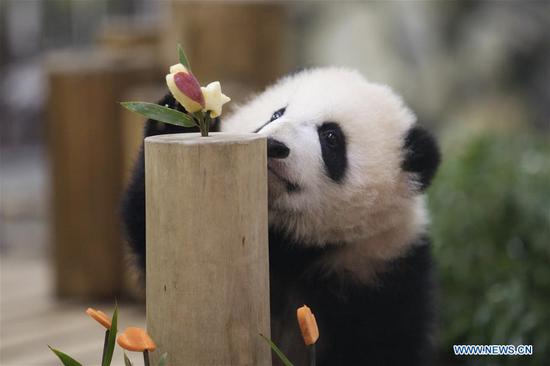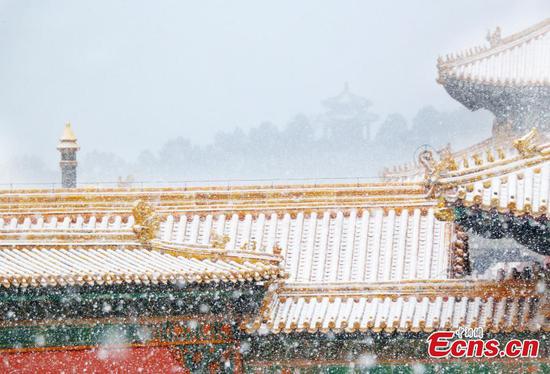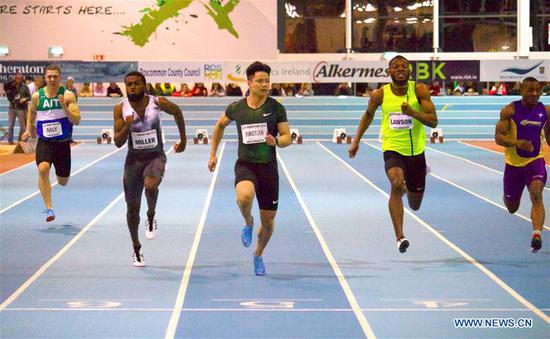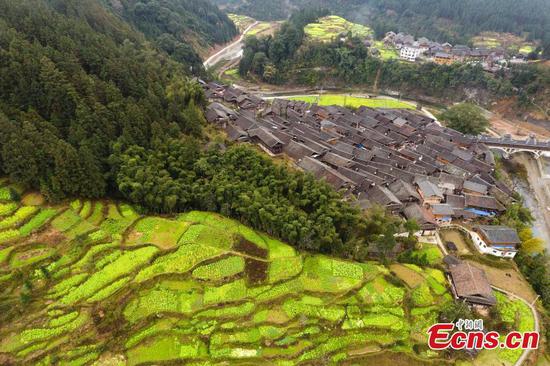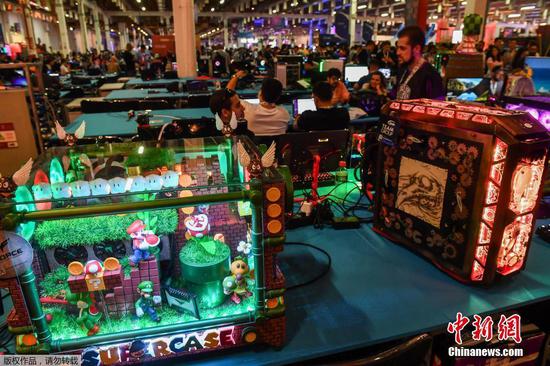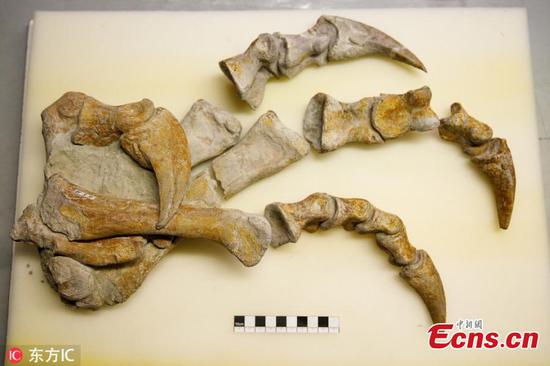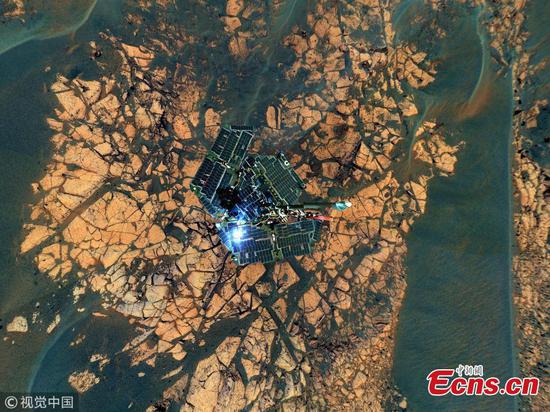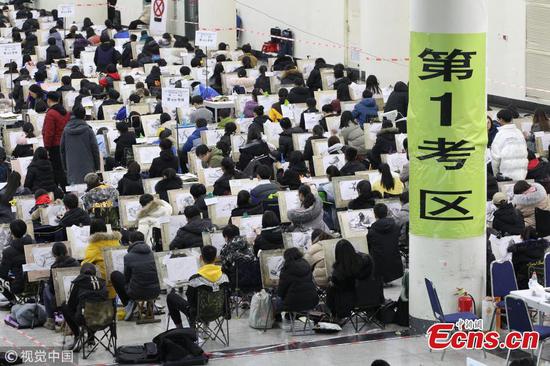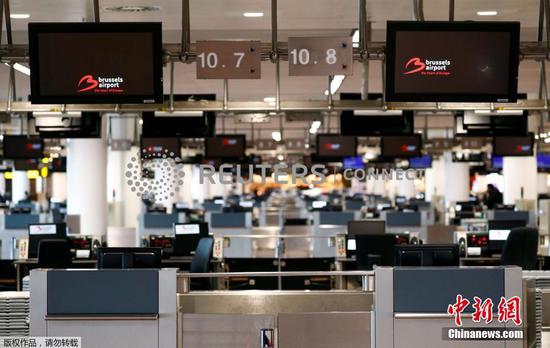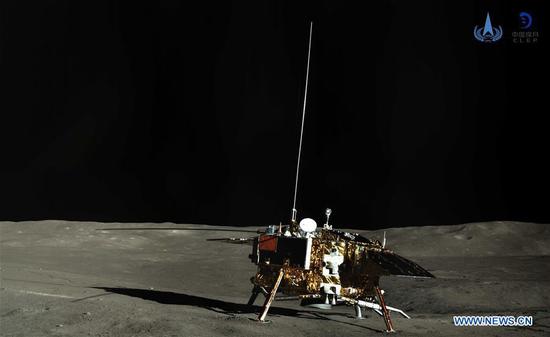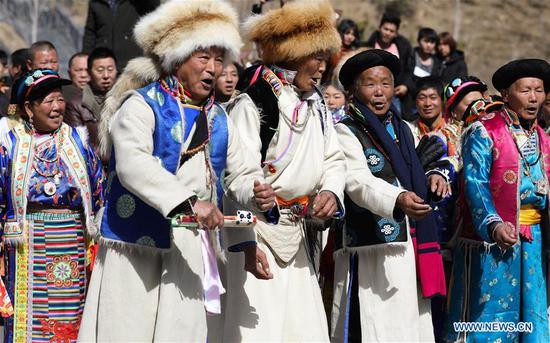From the central government to local authorities, China is firmly moving ahead to develop its artificial intelligence (AI) sector, as part of a major effort to push forward new technologies and upgrade the traditional manufacturing sector.
Experts said that China's efforts to strengthen its advanced technology will not be interrupted by external uncertainties, and more incentive policies will be rolled out this year to promote new technology development.
Chengdu, capital of Southeast China's Sichuan Province, adopted 12 measures to boost AI development, according to a report from the Xinhua News Agency over the weekend.
The local government vows to promote R&D involving key AI technologies and will earmark as much as 10 million yuan ($1.48 million) in subsidies to enterprises and universities engaged in the sector, the report said.
"Chengdu's move is not a surprise, and more cities are set to engage in this effort soon, with the central government's support and a vast application scenario within the country, " Cong Yi, a professor at the Tianjin University of Finance and Economics, told the Global Times on Sunday.
Separately, Xiamen in East China's Fujian Province announced the establishment of research bases for the standardization of two AI technologies in January. Also, the Shanghai municipal government signed a strategic cooperation agreement with domestic technology giant Baidu Inc in November last year to develop the AI industry in the city.
Also in November last year, Beijing issued an action plan to develop AI and established an AI research institute to promote the industry.
China is driving technological innovation in emerging areas - not only in AI, but also in next-generation telecommunication technologies, big data, new-energy vehicles and e-commerce, experts said.
"The emergence of new technologies is a critical opportunity that China must seize and will be the key for China in the new round of technological revolution and industrial transformation. In terms of AI and 5G, China is already one of the leading players in the world," Cong noted.
According to the World Intellectual Property Organization, Chinese institutions make up 17 of the world's top 20 academic players in AI patenting and 10 of the top 20 in AI-related scientific publications.
Cong noted that breakthroughs in these new technologies are reshaping the traditional manufacturing sector.
"The country also has to support the manufacturing industry to adapt to and apply AI and 5G into its existing business models in a fast and efficient way, said Cong. This trend is inevitable, Cong said.
"To continue the upgrading of the country's manufacturing sector, while at the same time strengthening technological innovation, will be the two tasks for China in 2019 and for a long time thereafter," Cong said.











